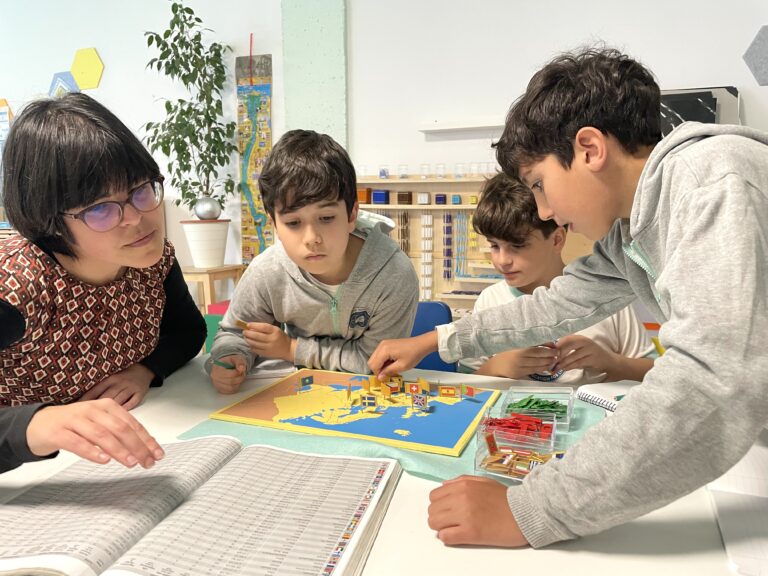Freedom within limits
A Montessori principle in action at IMS Sotogrande
One of the most distinctive aspects of a Montessori education is the balance between freedom and responsibility — a concept often expressed as freedom within limits.
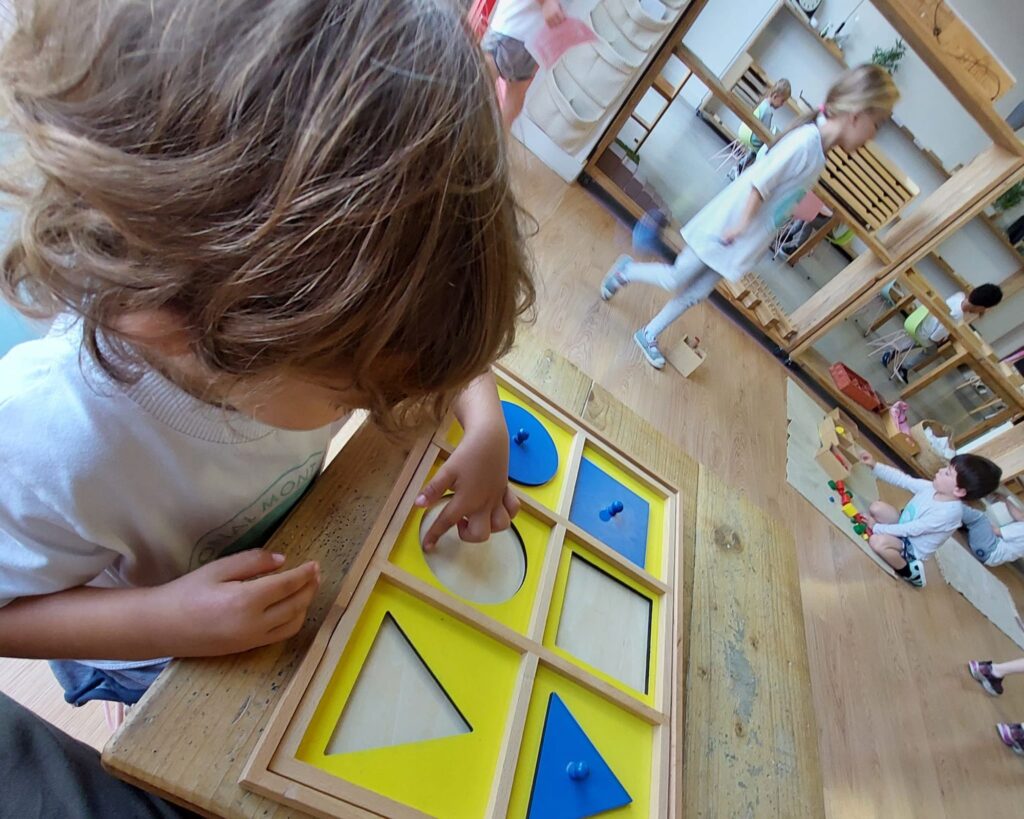
At IMS, we believe that true independence comes not from doing whatever we want, but from learning how to make thoughtful choices within a respectful and structured environment. Children thrive when they understand both their freedom to explore and the boundaries that keep them and others safe.
What freedom means in Montessori
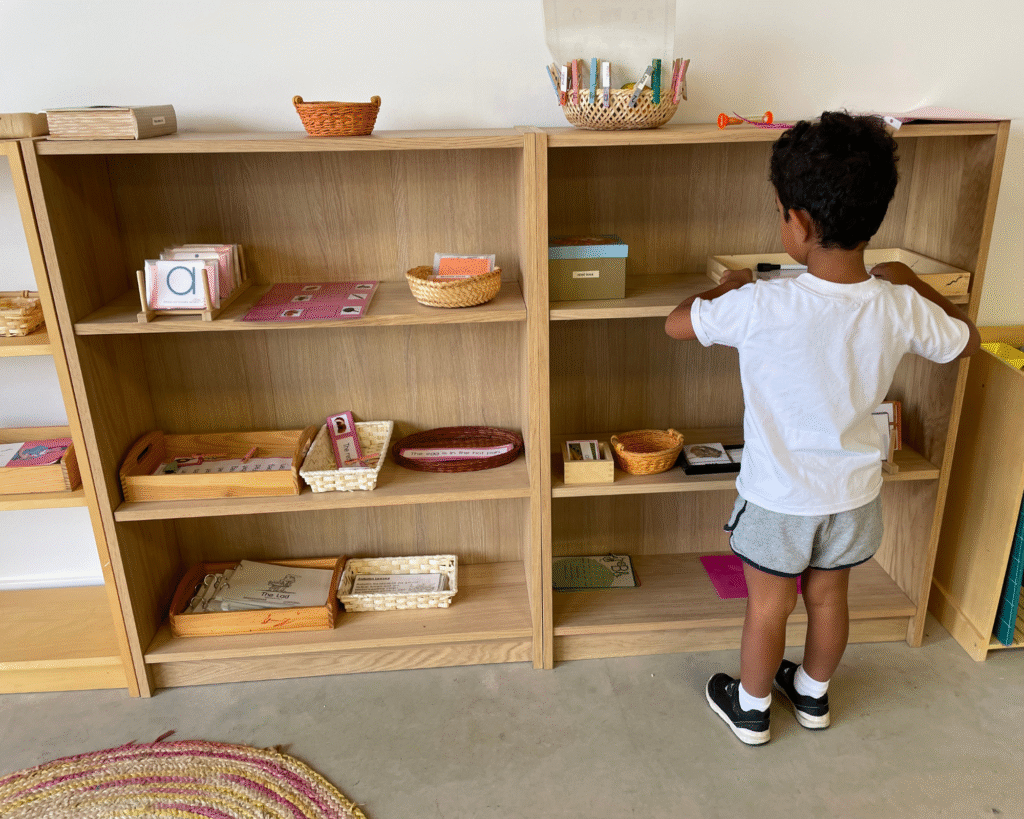
In a Montessori classroom, freedom is not about chaos or lack of direction. It means that children are trusted to choose their own activities, to move around the classroom, and to work at their own pace — as long as their choices are purposeful, respectful, and considerate of others.
This kind of freedom gives children a sense of control over their own learning. They learn to listen to their own interests, follow curiosity, and develop concentration naturally — because what they are doing truly matters to them.
The role of limits
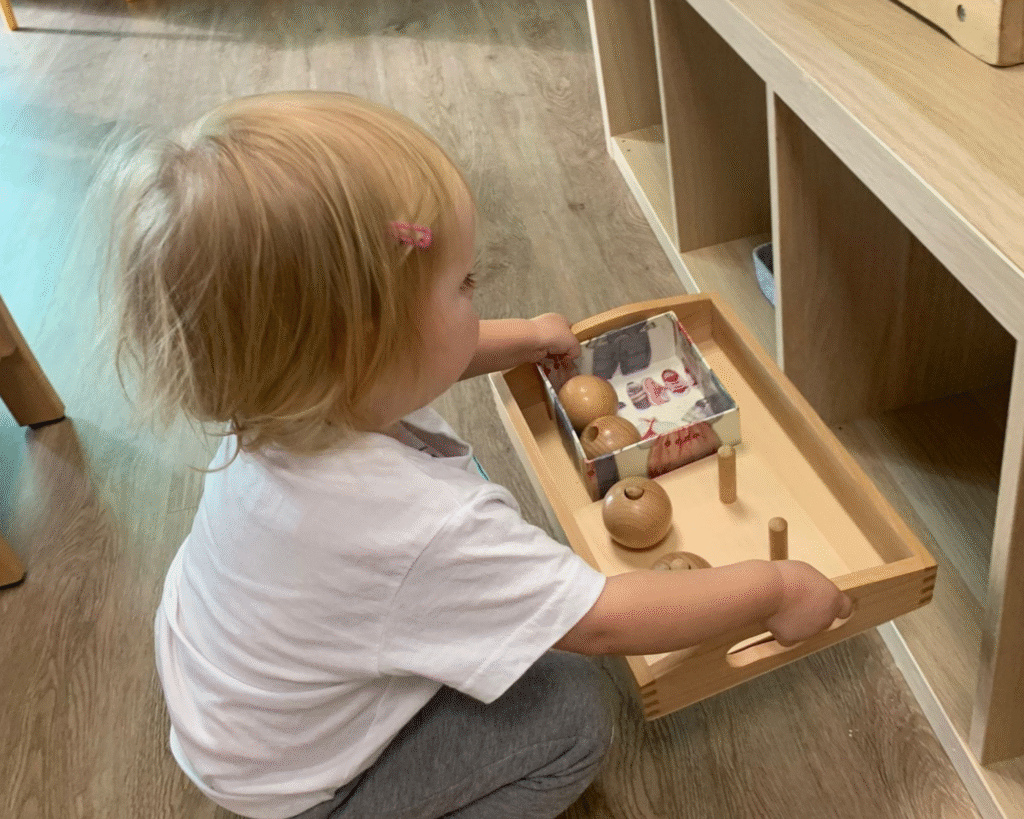
The “limits” are what make this freedom meaningful. They provide a sense of security and order that allows independence to grow in a healthy way. Limits are not imposed harshly; they are consistent, clear, and kind.
For example:
- A child is free to choose any material that has been shown to them, but must handle it with care and return it when finished.
- Children may move around the classroom, but must do so quietly and respectfully, without disturbing others.
- They may express emotions openly, but learn to do so with words and empathy, not through shouting or hurting.
Through these boundaries, children discover that freedom always comes with responsibility — a lesson that builds maturity, self-discipline, and respect for the community.
Freedom in everyday practice
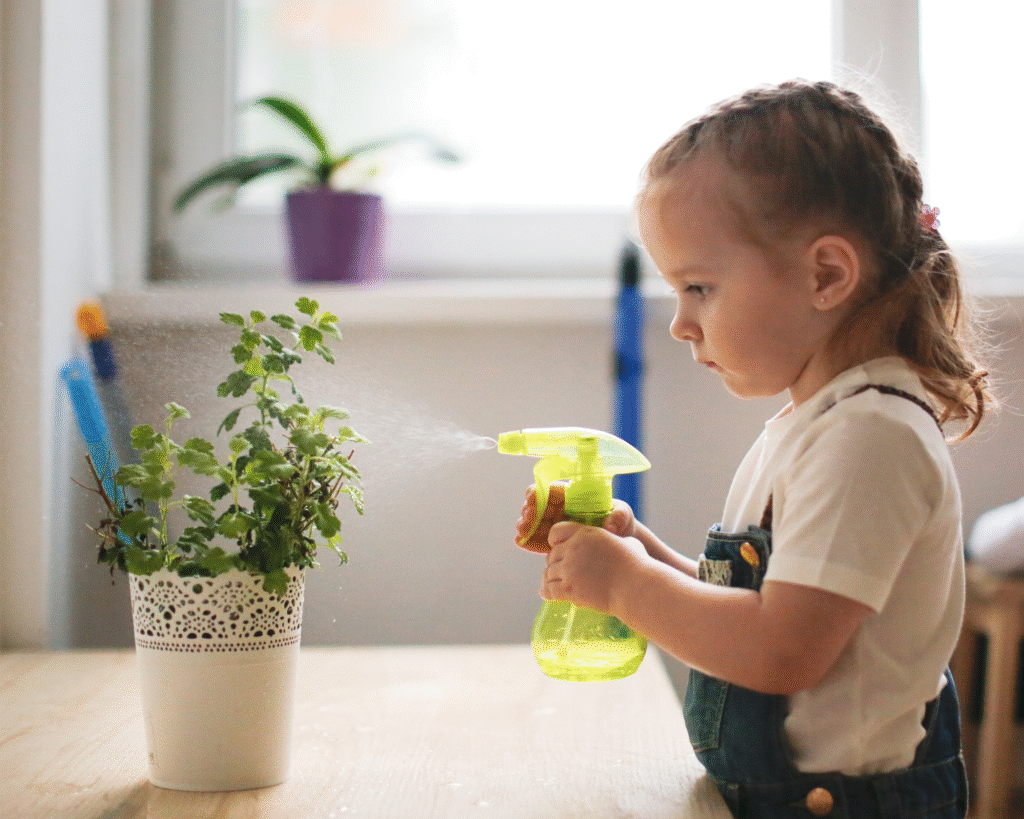
At IMS, you can see this principle in every classroom.
A child in the Children’s House may choose to work with counting beads or letters while another child paints or bakes — each following their inner motivation. A guide observes silently, stepping in only when necessary to help or redirect.
In the Elementary classrooms, older children collaborate on research projects, organise their schedules, and manage classroom responsibilities such as caring for plants or preparing snacks. These experiences strengthen their ability to make decisions, manage time, and think independently.
Even in outdoor play and practical life activities, the same balance applies. Children are free to climb, run, or garden — but they also learn to respect the environment, take turns, and recognise when something might be unsafe.
Why it matters
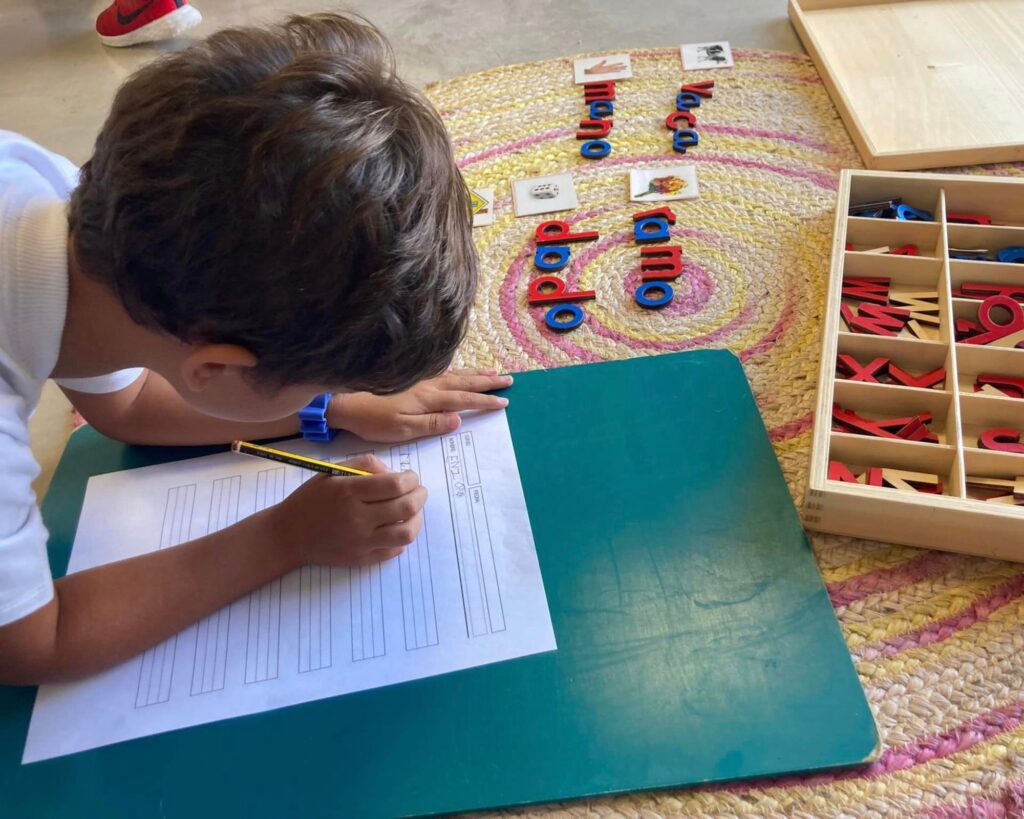
Freedom within limits allows children to experience the joy of independence while feeling safe, supported, and connected to others. It helps them internalise values such as respect, empathy, and responsibility — not because an adult insists on them, but because they live them every day.
At IMS, this is what we mean when we say that Montessori education prepares children not only for school, but for life.
✨ When children are trusted with freedom — and guided by gentle limits — they grow into confident, capable, and compassionate human beings.




